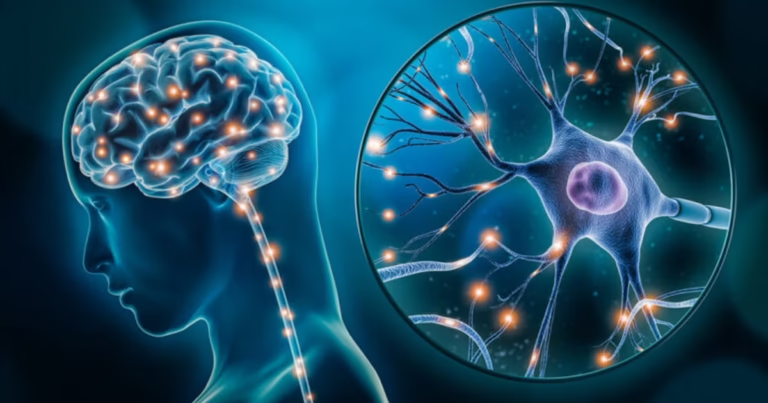Mental Reprogramming and Neuroscience: Understanding Brain Processes

Introduction
Have you ever wondered why certain behaviors persist, even when you want to change them? The answer lies in your brain’s circuitry. Mental reprogramming, backed by neuroscience, provides real tools to transform deeply ingrained thoughts, emotions, and behaviors. Let’s explore how it works and how you can use it to change your life.
What Is Mental Reprogramming?
Reprogramming the mind involves replacing limiting mental patterns with new, more functional neural circuits. It includes:
Identifying negative or outdated beliefs
Using conscious practices like affirmations, meditation, visualization, and journaling
Consistent repetition helps the brain solidify new patterns

Neuroscience Foundations
Neuroscience studies the nervous system, including the brain and its networks. Three key concepts are particularly relevant to mental reprogramming:
1. Neuroplasticity
Neuroplasticity is the brain’s ability to change through experiences. This means you’re not stuck with old patterns — your brain can evolve at any age.
2. Neural Conditioning
Repetition strengthens neural pathways. Reprogramming is about weakening old ones and creating stronger, new ones.
3. Reticular Activating System (RAS)
RAS filters information and helps your brain focus on what matters to you, such as a goal or a desired outcome. It makes your intentions more noticeable in your environment.
How to Reprogram Your Mind
Practice self-awareness: Observe your recurring thoughts and emotions.
Use positive affirmations: Speak in the present, with emotion, daily.
Apply creative visualization: Envision the reality you want, as if it’s already true.
Meditate regularly: Calm the reactive mind and strengthen conscious awareness.
Keep a reprogramming journal: Write thoughts and goals to align your mind.
Align mind, emotion, and action: Real change occurs when you feel it and act accordingly.
Proven Benefits
Lower stress and anxiety
Boosted confidence and motivation
Greater emotional clarity
Improved focus and productivity
Better decision-making

Consistency Is Key
Scientific studies show it can take between 21 to 66 days to form a new habit, and longer for deeper reprogramming. Patience and persistence are essential.
Conclusion
Mental reprogramming is not magic — it’s applied neuroscience. And you’re the one in control. With the right mindset, tools, and consistency, you can truly rewire your brain and change your life.
Bibliography / References
Dispenza, J. (2013). Breaking the Habit of Being Yourself: How to Lose Your Mind and Create a New One. Hay House.
Doidge, N. (2007). The Brain That Changes Itself. Viking Press.
Siegel, D. J. (2010). Mindsight: The New Science of Personal Transformation. Bantam Books.
Goleman, D. (1995). Emotional Intelligence. Bantam Books.
Lipton, B. H. (2005). The Biology of Belief. Mountain of Love/Elite Books.
Schwartz, J., & Begley, S. (2002). The Mind and the Brain: Neuroplasticity and the Power of Mental Force. Regan Books.
Author’s comment
This topic is pure gold for those seeking personal evolution on a scientific basis. The combination of mental reprogramming and neuroscience shows that change is not an illusion – it’s biology applied with intention. This article is ready to impact readers who are still stuck in old paradigms and need to see that they have the power in their hands (or rather, in their brains).